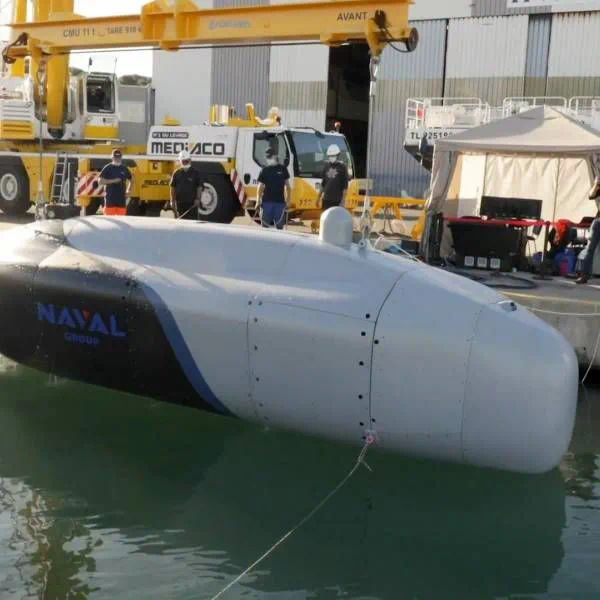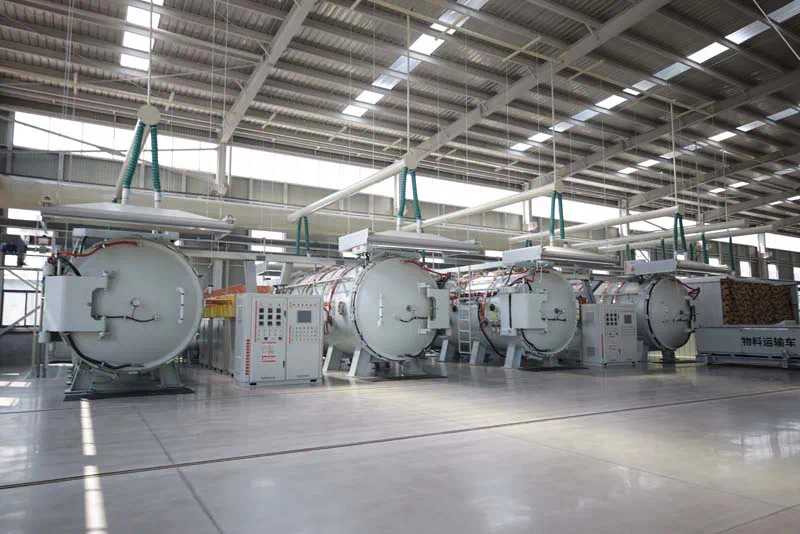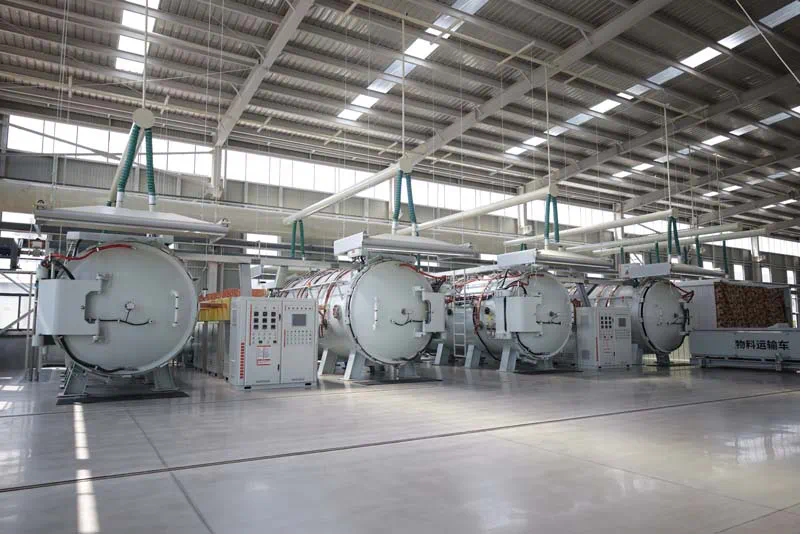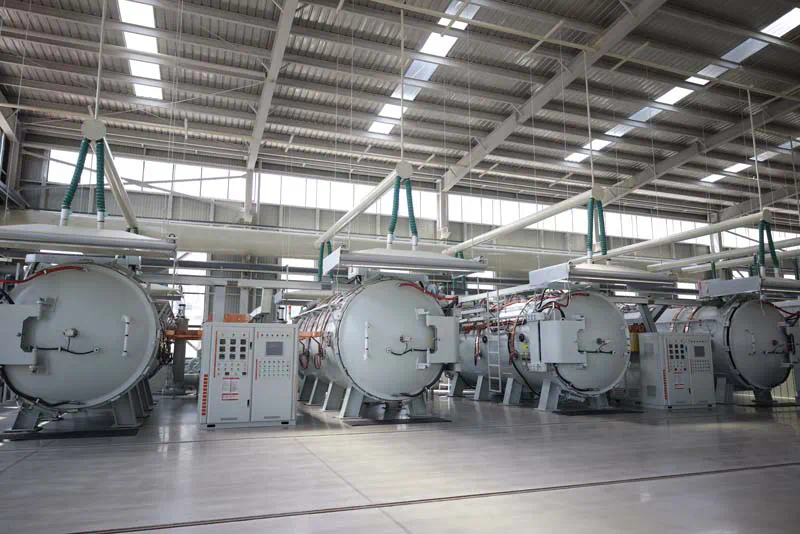Glass lined reactors play a pivotal role in chemical processing industries due to their versatility and durability. These reactors are widely used for various chemical processes, ranging from pharmaceuticals to specialty chemicals and beyond. Automation control technology has significantly enhanced the efficiency, safety, and reliability of these reactors, ensuring precise control over critical parameters throughout the manufacturing process.
Introduction to Glass Lined Reactors
Glass lined reactors are vessels designed to contain chemical reactions while withstanding corrosive environments. The inner surface of these reactors is coated with a layer of glass to protect the metal structure from chemical attack and corrosion. This dual-material construction combines the strength of steel with the inertness of glass, making it ideal for handling aggressive chemicals.
Structure and Composition
Glass lined reactors typically consist of a steel shell lined with a high-quality borosilicate glass layer. The glass lining is applied through a complex process involving fusing powdered glass to the metal surface at high temperatures. This fusion creates a strong bond that prevents leakage and ensures compatibility with a wide range of chemicals.
Applications in Chemical Industries
These reactors find extensive applications across diverse industries, including:
– Pharmaceutical manufacturing
– Petrochemical processing
– Fine chemicals production
– Agrochemicals and pesticides
The ability to handle varied chemical reactions under controlled conditions makes glass lined reactors indispensable in modern industrial processes.
Importance of Automation Control Technology
Automation control technology has revolutionized the operation of glass lined reactors by integrating sophisticated control systems and sensors. These advancements allow precise monitoring and adjustment of critical parameters such as temperature, pressure, pH levels, and agitation speed. The key benefits of automation in reactor control include:
– Enhanced Safety: Automated systems minimize human intervention, reducing the risk of accidents and exposure to hazardous substances.
– Improved Efficiency: Real-time monitoring and control optimize process parameters, leading to higher productivity and consistent product quality.
– Reliability: Automation ensures round-the-clock operation with minimal downtime, enhancing overall process reliability and uptime.
Components of Automation Control Systems
Automation control systems for glass lined reactors comprise several interconnected components designed to work seamlessly together:
Sensors and Instrumentation
Critical process variables are monitored using sensors such as temperature probes, pressure transmitters, pH meters, and flow sensors. These sensors provide real-time data to the control system, enabling precise control and adjustment.
Control Algorithms
Advanced control algorithms interpret sensor data and execute control actions based on predefined setpoints and operational parameters. PID (Proportional-Integral-Derivative) controllers are commonly used to regulate temperature, pressure, and other variables within desired ranges.
Human-Machine Interface (HMI)
The HMI allows operators to interact with the control system through a graphical interface. It provides real-time process data, alarms, and trends, enabling operators to monitor reactor performance and make informed decisions.
Programmable Logic Controllers (PLCs)
PLCs form the core of automation systems, executing control logic and coordinating the operation of various actuators and devices. They ensure seamless integration and communication between different subsystems within the reactor system.
Advanced Features and Benefits
Remote Monitoring and Control

Modern automation systems support remote access capabilities, allowing operators to monitor reactor operations and make adjustments from off-site locations. This feature enhances operational flexibility and enables prompt response to changing process conditions.

Data Logging and Analysis
Automation systems collect and store historical process data, facilitating performance analysis, troubleshooting, and compliance with regulatory requirements. glass lined stainless steel de dietrich glass lined reactors reactor Data analytics tools provide insights into process trends and help optimize operational efficiency over time.
Safety Interlocks and Alarms
Automation systems include built-in safety features such as emergency shutdown (ESD) systems, alarms for abnormal conditions, and interlocks to prevent unsafe operating scenarios. These safeguards protect personnel, equipment, and the environment from potential hazards.

Case Studies and Practical Applications
Pharmaceutical Industry
In pharmaceutical manufacturing, glass lined reactors equipped with advanced automation control technology ensure precise control over reaction parameters critical for producing high-purity active pharmaceutical ingredients (APIs). Automated systems enable compliance with stringent regulatory standards and validation requirements.
Petrochemical Sector
In the petrochemical industry, automation enhances the efficiency of complex chemical reactions involved in the production of polymers, resins, and specialty chemicals. Real-time monitoring and control optimize process yields, minimize waste, and improve overall plant profitability.
Future Trends and Innovations
The future of automation control technology in glass lined reactors is characterized by ongoing innovations aimed at:
– Integration with AI and machine learning for predictive maintenance and process optimization.
– Enhanced cybersecurity measures to protect critical infrastructure from cyber threats.
– Development of smart sensors and IoT-enabled devices for seamless connectivity and data exchange.
Conclusion
Automation control technology has transformed glass lined reactors into highly efficient and reliable assets in chemical processing industries. By enabling precise monitoring, control, and optimization of process parameters, these systems ensure consistent product quality, enhance safety, and drive operational excellence. As technological advancements continue to evolve, the role of automation in enhancing the capabilities of glass lined reactors is expected to expand, meeting the growing demands of modern manufacturing environments.
—
https://smartfactoryinsights.com/


